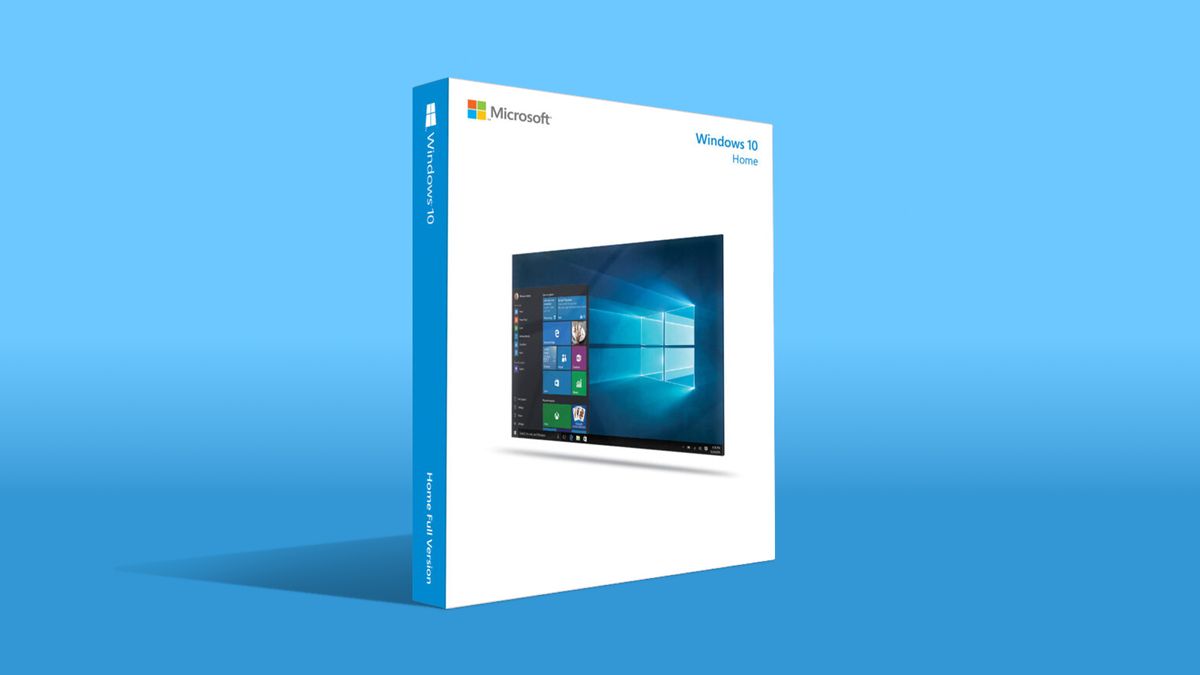
In the final season of Curb Your Enthusiasm, Larry David asks Siri for driving directions to a restaurant, and the tirade that follows cannot be repeated on family-friendly PCMag.com. Apple knows that a lot of us have had similarly frustrating experiences with its voice assistant, and the company may finally be taking steps to rectify the situation at WWDC next week—possibly by partnering with ChatGPT developer OpenAI.
Though Apple has a reputation for not being first out of the gate with trendy tech, Siri was an exception, launching in 2011 before Amazon’s Alexa and Microsoft’s Cortana in 2014 and the Google Assistant in 2016. With the exception perhaps of Google’s Assistant, none of these solutions have been particularly impressive; Microsoft recently removed the Cortana-Windows integration, while Amazon is slowly phasing out its Alexa Skills program.According to eMarketer, the number of Google Assistant users is projected to reach 91.9 million by 2025, ahead of Siri’s 86.5 million and Alexa’s 77.2 million.Apple’s developers conference is expected to be all about AI. It’s unclear if those products will get the Siri moniker or something new; thus far, rumors about Apple’s generative-AI products include things like summarizing text messages, AI-created emoji, and voice memo transcription.The best-case scenario here is that we get a version of Siri that understands us better, either courtesy of Apple’s own large language model (LLM) or via ChatGPT. But I don’t expect to see a fully baked, supercharged Siri in iOS 18. At WWDC, we’ll likely see a demo or discussion of what Apple has in mind for its future AI solutions.If the partnership with OpenAI fulfills all its potential promise, we’ll certainly see a smarter Siri. Ironically, all of ChatGPT is hosted on Apple archrival Microsoft’s Azure cloud service.Outside of Siri, I expect WWDC news announcements to include AI for photo editing (maybe generative fill, like Adobe recently added to Photoshop?) and suggested email replies. Apple already released a “magic eraser”-type photo feature like those we’ve seen from Google and Microsoft, though that’s not really an LLM gen-AI feature. Google Gemini and Microsoft Copilot both already offer tools in their platforms to summarize documents, so it wouldn’t come as a surprise to see this from Apple, too.Device Control
At this point Microsoft Copilot is awkward when it comes to changing device settings. (Credit: Microsoft/PCMag)
Of course, Siri is not just about getting information. It’s about telling your device to do things, like changing settings or opening apps. Microsoft has to date only made tentative steps in this direction with Copilot. That AI can open apps with particular content or change settings, but the implementation is limited and slow. Apple’s idea for on-device AI should solve the second problem, as well as provide security benefits. But as Larry David demonstrated in that episode of Curb, Siri still has a comprehension problem.Google’s Android Got There First, Again
Google’s Gemini AI is already showing up on Android phones. (Credit: Google)
Generative AI is just the latest technology to arrive on Google’s Android before Apple’s iOS. At its own I/O developers conference last month, Google announced Gemini on Android, which, according to the company understands context better than before and “uses generative AI to help you be more creative and productive.” Does that sound like the current Siri? Not at all, but we can hope that won’t be the case for long.
Recommended by Our Editors
And Not Just Google, Microsoft and Others, Too!Meanwhile, generative AI features have also appeared in Microsoft’s software with Copilot in Windows, Office, and the GitHub developer code repository. Playing with that last tool was reportedly what finally spurred Apple software boss Craig Federighi to start taking generative AI seriously in Cupertino.The generative AI crowd—ChatGPT, Copilot, Claude, and even Meta AI—already provide a far more satisfying conversational experience than Siri, and they add things like full image generation to information and text creation. I don’t expect anything in the Siri announcements to resemble what we saw in OpenAI’s unveiling of ChatGPT-4o, in which the AI engaged in uncannily realistic conversations and recognized the visual environment—yet. (And to be fair, that’s even a work in progress at OpenAI.) Even farther down the road is artificial general intelligence (AGI), in which awareness and intelligence equals or surpasses that of humans.Will Apple Win in the End?Sure, Google and Microsoft already have gen-AI products in the wild. But in the end, it doesn’t seem to matter which company comes out with a technology first. Tile location trackers came out in 2013 but Apple’s AirTags now dominate the conversation in that space. Apple’s consumer market dominance is so strong that the company can wait years after a technology comes out to do its own version, but when it does, it once again dominates the space. Can it finally do the same with Siri? I’ll be at WWDC next week to find out for myself.
Apple Fan?
Sign up for our Weekly Apple Brief for the latest news, reviews, tips, and more delivered right to your inbox.
This newsletter may contain advertising, deals, or affiliate links. Subscribing to a newsletter indicates your consent to our Terms of Use and Privacy Policy. You may unsubscribe from the newsletters at any time.






